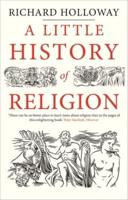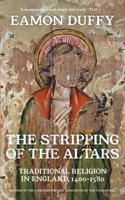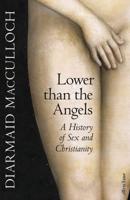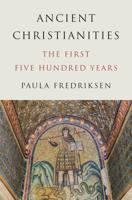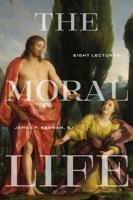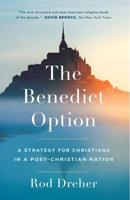Publisher's Synopsis
The purpose of this volume is to define the character and trend of the cosmic process. The argument is based on the familiar postulate ex nihilo nihil, now generally accepted by science and philosophy, confirmed as it has been by the evolutionary hypothesis. The contention for an ultimate ground which is both known and conditioned recalls the system of personalism so thoroughly worked out by Borden P. Bowne. Dr. Mercer makes a comprehensive examination of the historical and current cosmological theories and concludes that the world ground is conscious, purposeful, rational will.
What, then, is the end of the cosmic process, which is also a creative process and controlled by a Personal Source? It is "the evolution of persons who are to find fullness of life in and through membership of a perfect society." This thought is suggestively applied to the Church as a spiritual organism, whose world mission is to point the way and to place humanity in close communion with the divine Source of life through the Incarnate Christ.
The categories of time and space are interpreted as having both a subjective and objective reality. Causality is regarded as both phenomenal and efficient and materialism has failed and become discredited because it has evaded this distinction and obscured the creative process under figures of speech. The age-long problem of fate and freedom, of law and liberty is also discussed from the standpoint of a dynamic cosmos, which provides for the unity of the conscious and free self.
This able discussion thus concludes: "God is the uncreated, self-existing Ground of all that Becomes. And since He is eternal, so is that creative activity which pours around Him objects of His love. Inimitable in its brevity, its pregnancy, its comprehensiveness is that apostolic utterance which we have already found to contain the heart and secret of cosmology: "In him, and through him, and to him are all things."
- The Christian Advocate, Vol. 95

